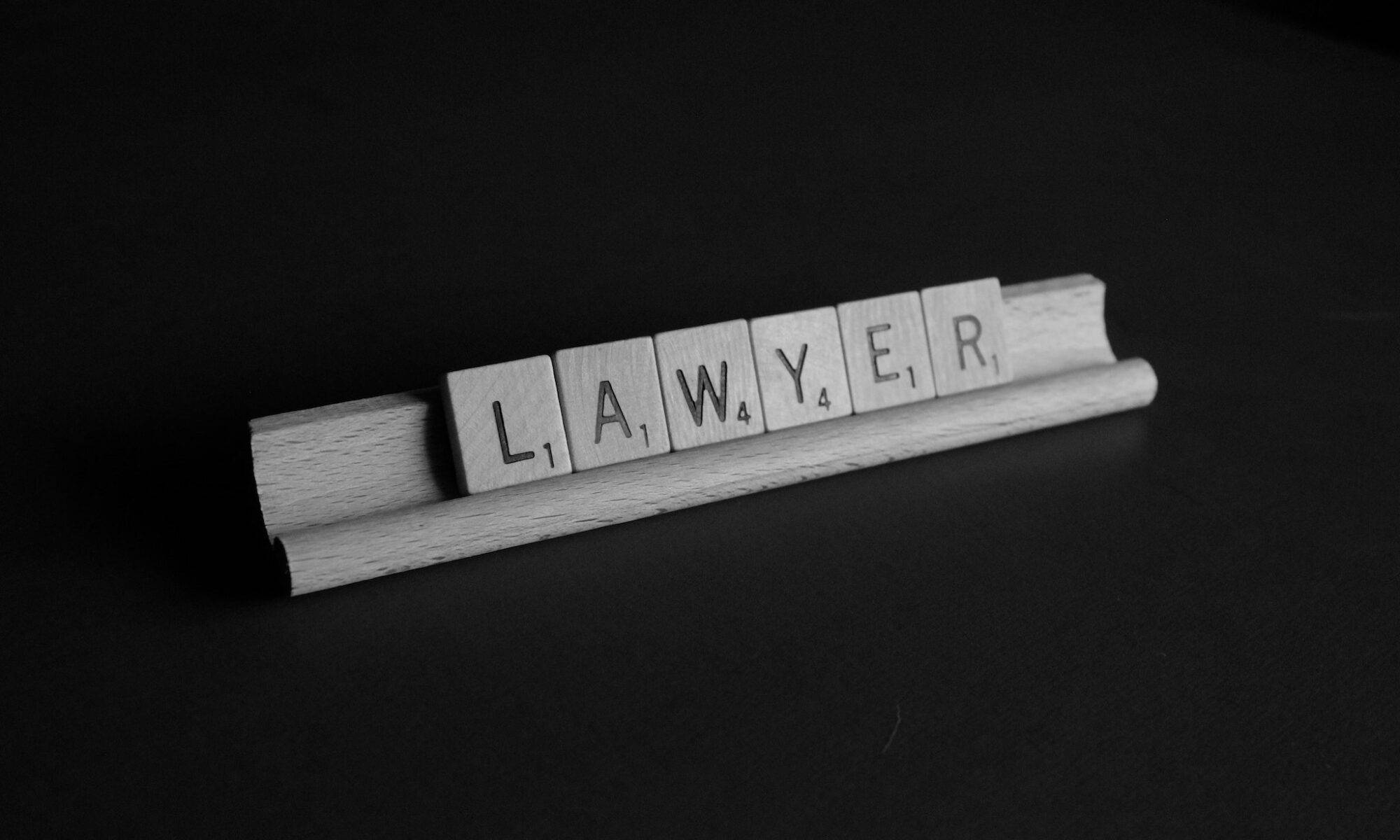Sealing the Deal: How to Negotiate Your Accident Claim Like a Lawyer
Savvy negotiation skills are crucial when dealing with accident claims. In the arena of insurance or personal disputes, the art of negotiation can have a seismic effect on the final verdict. Let’s embark on a journey through this prose where we impart upon you strategic pearls of wisdom akin to a seasoned accident attorney, giving you the edge to steer the tide of the resolution towards a direction more favorable to you.
Grasping Negotiation’s Building Blocks
To truly command the reins of negotiation, we must first unravel its foundational elements. A well-forged strategy ahead of time spells victory, and awareness of your desired endgame can illuminate your journey towards that finish line. Consider these indispensable nuggets of advice:
The Necessity of Preparation
Before entering into any negotiation, equip yourself with a clear understanding of your case’s facts. Amass the arsenal of substantiating proof and paperwork required to fortify your stance. Comprehending the might and frailty of both your own battleground and that of your adversary’s is of equal significance.
Recognizing Your Goals and Objectives
To succeed in negotiation, you must be clear about your aims. Make a list of your goals and objectives before negotiations start. This will help you remain focused on what matters most, preventing any unnecessary detours.
Researching and Gathering Information
The second step in expert negotiation involves gathering all the necessary information to back your claim. This includes:
Assembling Evidence and Documentation
Ascertain that you are armed with all corroborating proof and documents buttressing your claim, encompassing medical chronicles, law enforcement recounts, and declarations from witnesses. Retain duplicates of all pertinent paperwork in a methodical and readily retrievable layout.
Comprehending Your Opponent’s Position
Understand your opponent’s stance clearly. This includes their strengths and weaknesses, their goals and objectives, and their negotiation style. By understanding your opponent’s position, you can strategize effectively to exploit their weaknesses and minimize their strengths.
Building Rapport and Fostering Trust
Establishing rapport and trust is integral to a successful negotiation. Here are a few things to keep in mind:
Appreciating the Power of Empathy
Empathy, the capacity to resonate with and acknowledge the emotions of another, is an indispensable cog in the machinery of relationship forging and trust cultivation. By stepping into the footprints of your opposition, you can gain richer insight into their perspective and devise an approach that factors in their desires and apprehensions.
Active Listening and Effective Communication
Active listening and effective communication are also key to building rapport and trust. Attentively listen to what your opponent says and respond in a manner that reflects understanding of their position. Use clear, concise language and avoid confusing legal jargon.
Making an Offer and Counteroffer
The next step involves making an offer and counteroffer. Here are a few essential points to remember:
Understanding the Significance of Anchoring
An anchor is a reference point used to establish a negotiation’s starting point. The first offer you make sets the tone for the rest of the negotiation. A high anchor can establish a more favorable starting point for you.
Making a Convincing Offer
While proposing a deal, your approach ought to be compelling. Accentuate the strongholds of your stance and draw attention to the frailties embedded in your adversary’s position.
Overcoming Objections and Handling Difficulties
You will inevitably encounter objections and difficulties during the negotiation process. Here’s how to handle them:
Appreciating the Crucial Role of Resolution-Seeking
When faced with a hurdle or counterargument, divert your energy towards uncovering a resolution. Rather than donning an armor of defensiveness, aspire to uncover a remedy that harmoniously addresses the requirements of all involved. Such a strategy demands ingenuity and an open mind to unconventional possibilities.
Managing Emotional Reactions
Negotiations, especially in personal injury cases, can be emotionally charged. It’s essential to stay calm and professional, even if your opponent becomes emotional. Try to address the emotional reaction and find a solution that tackles the underlying concerns.
Closing the Deal and Follow-Up
The final step is to close the deal and follow up. Here are a few essential points:
Realizing the Significance of a Mutually Beneficial Resolution
A fruitful negotiation is characterized by a mutually satisfying conclusion, a scenario where each participant feels a sense of victory in their pursuits. Channeling your efforts towards crafting such a harmonious settlement can bolster the likelihood of your negotiation sailing towards success.
Documenting the Agreement
Finally, document the agreement. Put the terms in writing and have both parties sign it. This ensures that everyone understands the agreement’s terms and can refer back to it later if disputes arise.
Conclusion
Negotiating like an accident lawyer requires thorough preparation, diligent research, and strong communication skills. Adhering to this pathway can catapult your odds of triumph in negotiating your accident compensation settlement. Keep your eyes trained on your targets, wield the power of persuasion, and dedicate yourself to solution-oriented thinking. With consistent effort, you can rise to the zenith of negotiation finesse, yielding results that exceed expectations.

